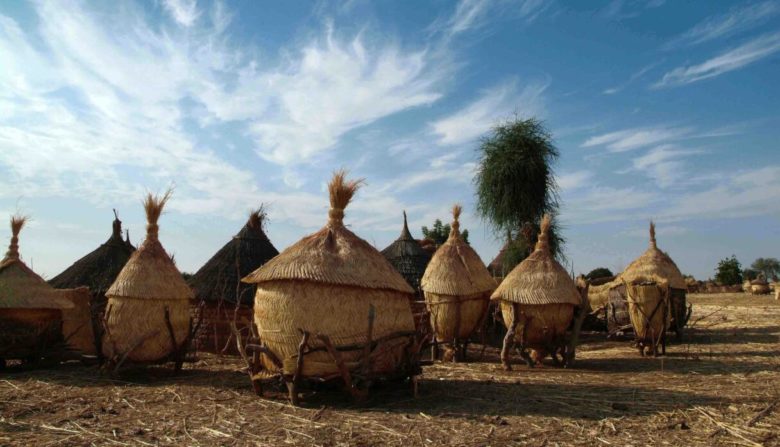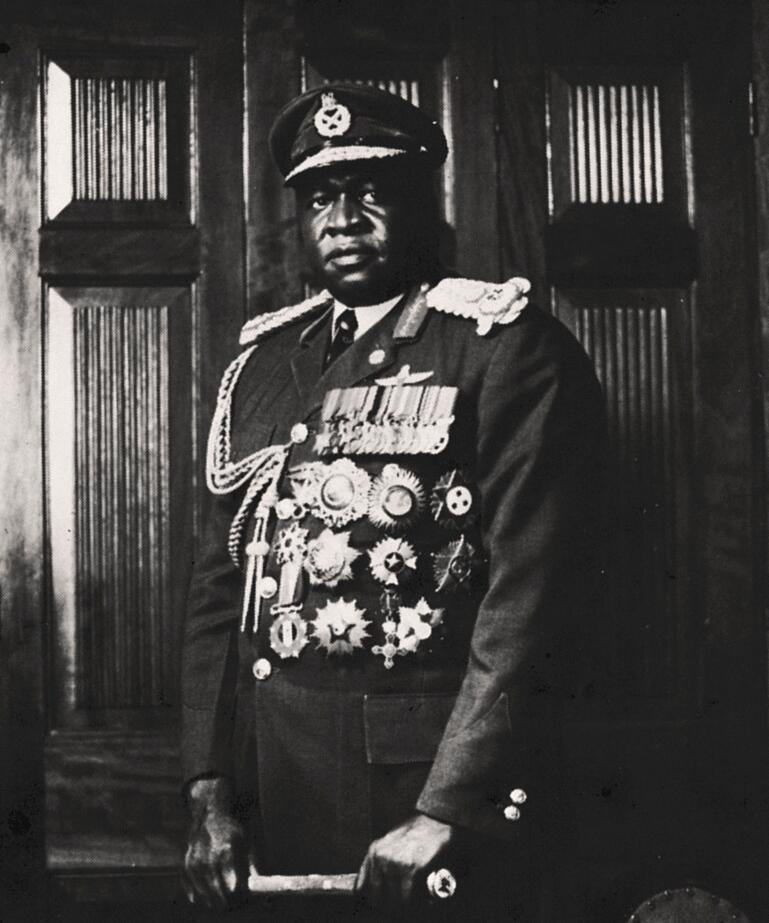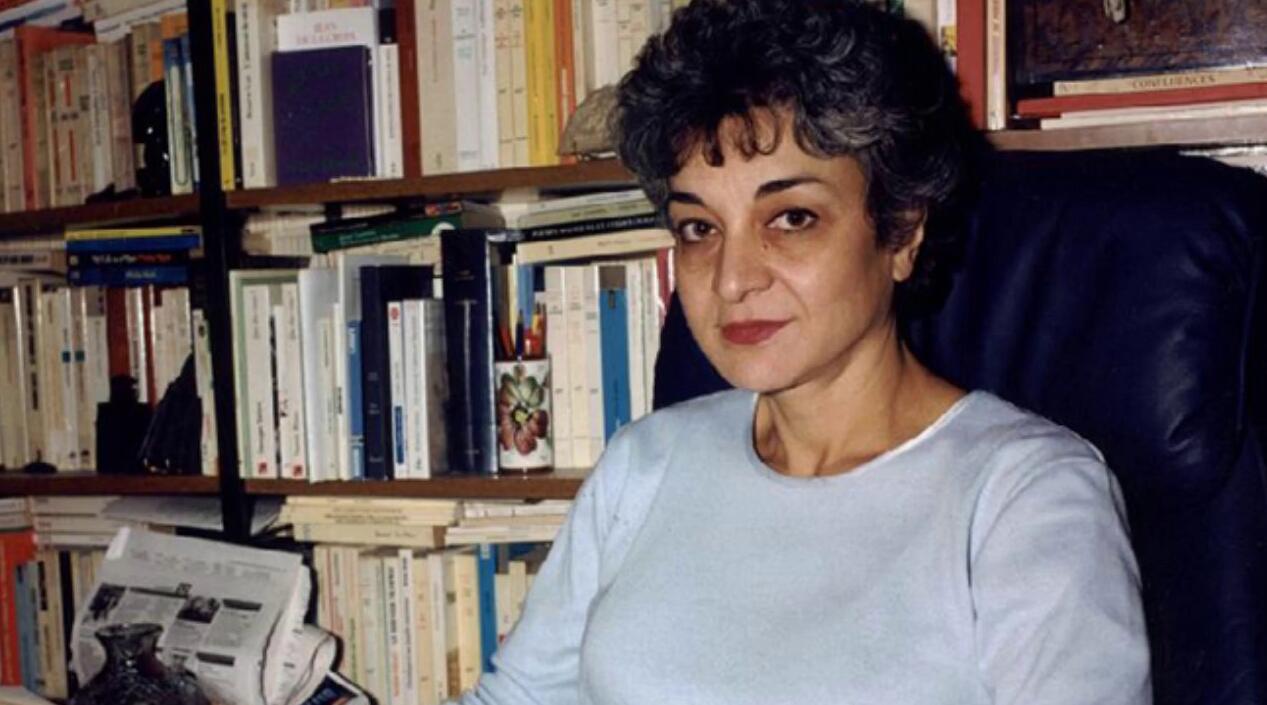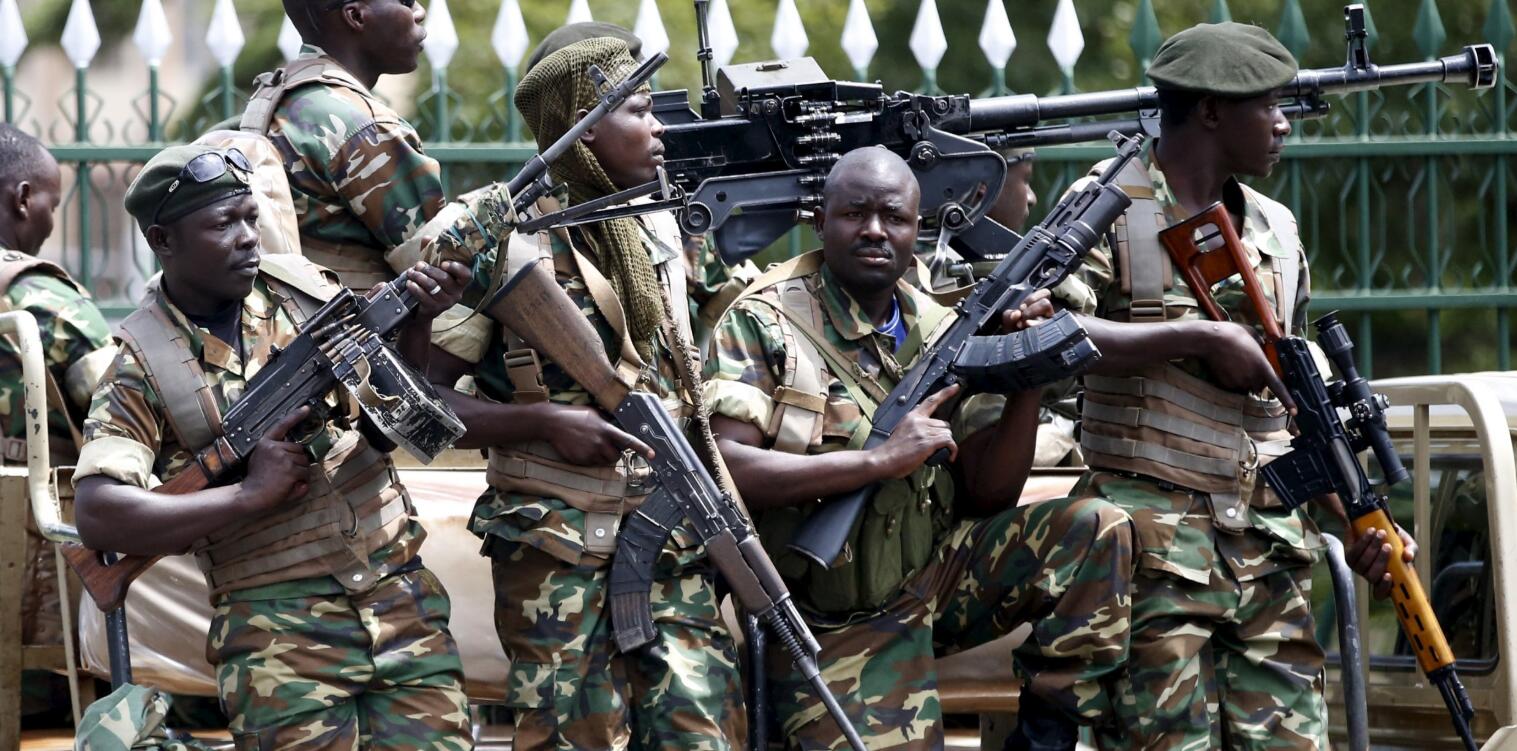The History of Burkina Faso
Older history
The pre-colonial history is closely related to the Mossi kingdoms, which was founded in the 1300s, but archaeological finds from a Neolithic culture have been made. Bobo, lobi and gurunsi are the oldest known inhabitants of the country, but with their superior military strength, invading forces from the gurma – and the mossi people – managed to subdue other peoples and territories in the eastern and central parts of the area. Several Mossi kingdoms were founded, the most powerful of which was Ouagadougou, later capital of the independent state of Burkina Faso, led by a ruler titled morho naba. Other state formation was Yatenga and Tengkodogo in the central area and Gourma in the east. The Mossis established strong states with a complex administrative system, which allowed for local autonomy, which lasted for five centuries.
Colonization
The Mossi states had strong army forces, defending against invasion attempts by Songhai and Fulani and establishing trade relations with other West African kingdoms, including Hausa and Ashanti. They were still a powerful kingdom when the French came to the area towards the end of the 19th century. France negotiated a protectorate over Yatenga in 1895, and surrendered with military power – and annexed – other territories for the following two years, including Ouagadougou and Gourma. Some parts of the country struggled against the French conquest, among other logies, which had not been defeated until 1903. In 1898, France and the United Kingdom pushed the border againstThe Gold Coast.
Today’s Burkina Faso was first ruled as part of French Sudan (1904-20 known as Upper Senegal-Niger), and from 1919 separated and ruled as its own colony, Haute Volta ( Upper Volta ). In 1932, it was divided and divided between the three French colonies Ivory Coast, Niger and French Sudan, but became a separate entity again in 1947. In December 1958, Upper Volta became an autonomous republic within the French Commonwealth, and on August 5, 1960, full independence.
Empowerment
The elections before independence were won by a coalition called the Union démocratique voltaïque (UDV), a section of the Pan-African Rassemblement démocratique africain, which played a major role in the anti-colonial struggle in West Africa. UDV’s leader was Maurice Yaméogo, who became the country’s first president. At the 1965 general elections, Yaméogo’s one-party list got 99 percent of the vote, and demonstrations erupted. In January 1966, the military intervened and a military government led by Lieutenant Colonel Sangoulé Lamizana was formed. In 1970, a new constitution was passed through a referendum, and elections were held in December. The UDV achieved a majority, but still put the military with the real power. In 1974, the military seized power again. In 1976, a new civil-dominated government was formed, and a new constitution was approved in a referendum in 1977. In the 1978 elections, the UDV won a scarce majority, while Lamizana gained 56 percent of the vote in the presidential election.
In 1980, Lamizana was deposed in a military coup, and Colonel Saye Zerbo took power. The National Assembly was dissolved and all parties banned. Zerbo was deposed in a new coup in 1982, and Major Jean-Baptiste Ouedraogo became the new head of state. In 1983, Captain Thomas Sankara was appointed prime minister of the military government.
Revolution
President Ouedraogo had promised civilian rule during 1984, but in August 1983 he was deposed in a coup led by Captain Sankara. It had established close relations with Libya and established a National Revolutionary Council and formed revolutionary committees across the country. This was part of mass mobilization in favor of the revolution, and a symbolic break with the past was made on August 4, 1984, when the country’s name was changed from Upper Volta to Burkina Faso. In October 1987, Sankara was overthrown and killed by his closest co-worker, Blaise Compaoré. However, political developments continued without significant changes.
Civilian political activity was allowed again in 1990, and a new constitution that opened to multi-party government was passed in a 1991 referendum. His party, Organization for the Democracy Popular / Movement of Travail (ODP / MT) also won the 1992 general elections and formed government with room also for several opposition parties. Political developments were characterized by unrest and violence. One of the causes of the unrest in 1992/93 was that the government had introduced strict financial measures in the form of a structural adjustment program.
In 1996, a new party supporting Compaoré, the Congrès pour la démocratie el le progrès (CDP), was formed by the merger of dozens of parties, including ODP / MT. With a majority in the National Assembly, the CDP was amended to allow a president to sit for more than two terms. The 1997 parliamentary elections gave the CDP a clear majority. The 1998 presidential election was clearly won by President Compaoré; two other candidates voted, but the opposition boycotted the election, which it believed was manipulated. In 1999, Compaoré established an elder council with three former presidents as members, tasked with promoting national reconciliation. In the parliamentary elections in 2002, the CDP gained a new majority among a total of 13 parties represented in the national assembly.
Foreign Policy
Burkina Faso has maintained close ties with the former colonial power of France, even during periods when the country has had radical leadership. Under Sankara, Burkina Faso focused on the radical camp of international politics, and Cuba and Libya were among the countries that assisted financially. But even before Sankara was overthrown, the course was again oriented to the West, especially France. After Compaore’s first state visit to France in 1993, relations were further strengthened, and Ouagadougou was the site of the Franco-African summit in 1996. After the coup, relations with Ghana were tense for a while, before normalizing. Compaoré established good relations with Togo.
In the civil war in Liberia, Burkina Faso supported rebel leader Charles Taylor, among other things by assisting with arms purchases, and the country did not participate in the West African peacekeeping force ECOMOG until 1997. In 1999, Burkina Faso was accused by Nigeria and Sierra Leone of supporting the Sierra Leonean rebel movement weapons in exchange for illegally mined diamonds. This emerged in a UN report in 2000, which also claimed that Burkina Faso had assisted the Angolan rebel movement UNITA with weapons, despite international sanctions – which was rebuffed by Burmese authorities. Also Guineaaccused Burkina Faso of supporting rebel groups. In 1997, Burkina Faso contributed to the Central African Republic with both mediation and peacekeepers, and the country has also participated in the establishment of a regional intervention force.
In December 1985, there was a brief war between Burkina Faso and Mali due to an old border dispute. After other West African states intervened and brokered, the dispute was brought before the International Court of Justice in The Hague, which issued a ruling in 1986 that both parties agreed, namely that the disputed area should be shared equally between the two countries. A large number of Burkinians are migrant workers on plantations in the Ivory Coast, where there have been occasional contradictions between these and the locals. A failed coup attempt in 2003 must have been supported by the Ivory Coast, which in turn accused Burkina Faso of supporting rebels there.



